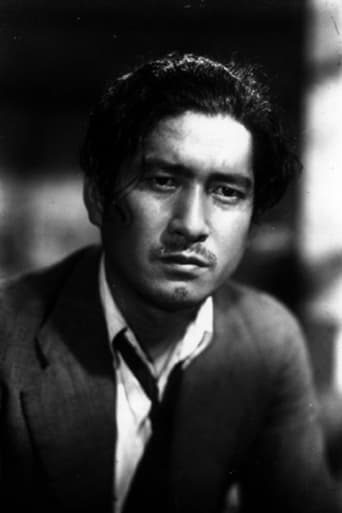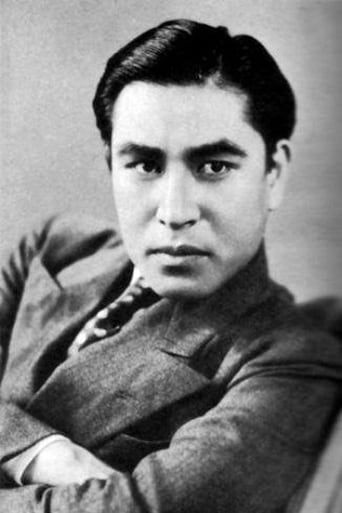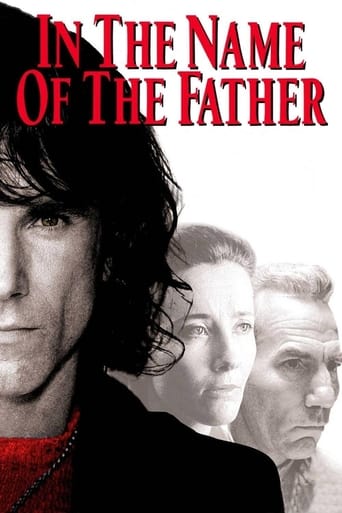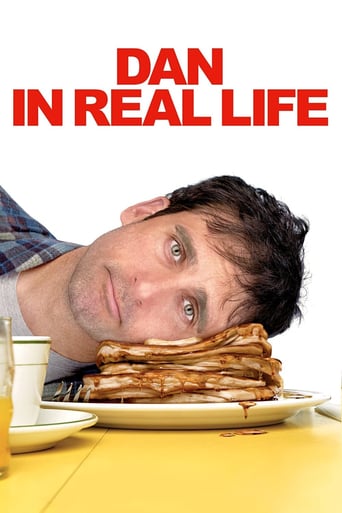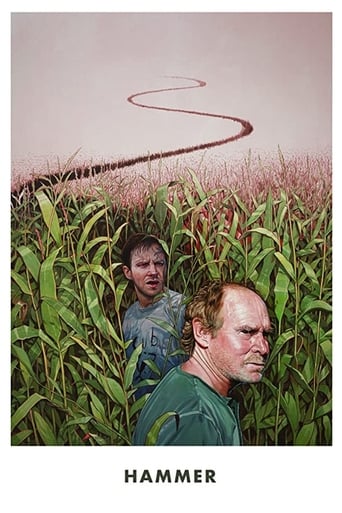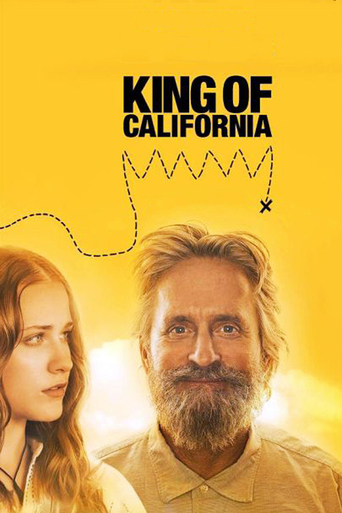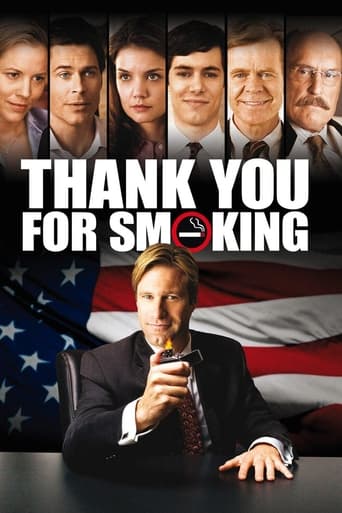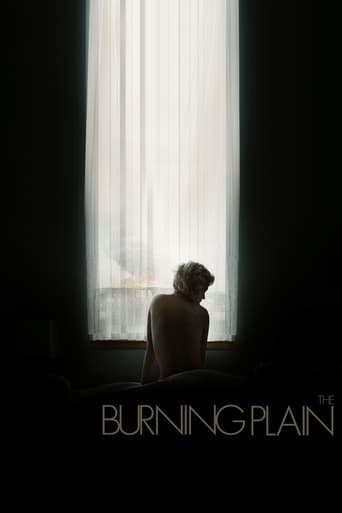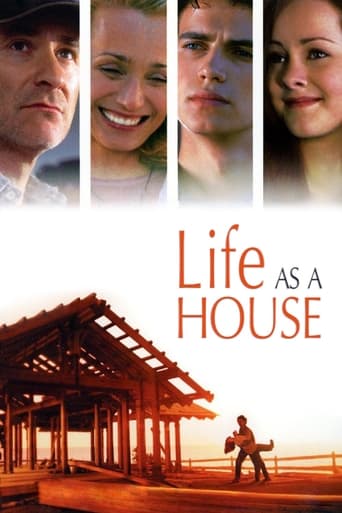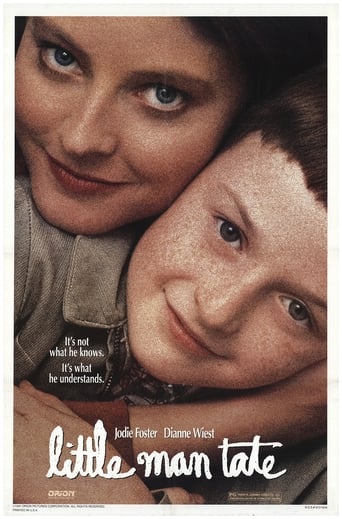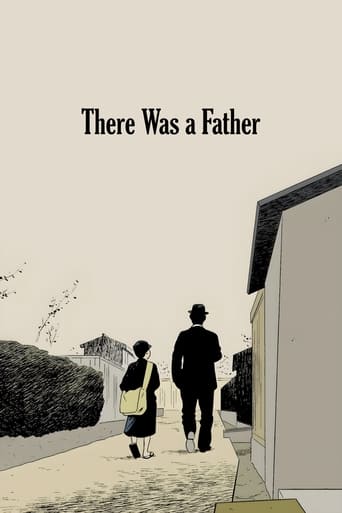
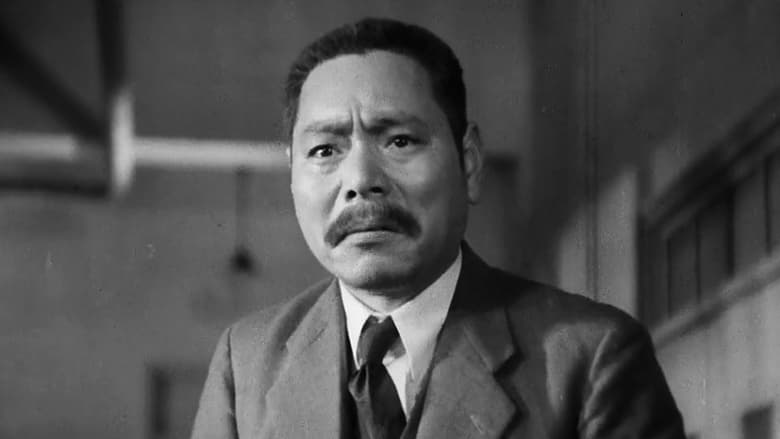
There Was a Father (1942)
Shuhei Horikawa, a poor schoolteacher, struggles to raise his son Ryohei by himself, despite neither money nor prospects.
Watch Trailer
Cast


Similar titles
Reviews
Very very predictable, including the post credit scene !!!
Absolutely Fantastic
If the ambition is to provide two hours of instantly forgettable, popcorn-munching escapism, it succeeds.
The best films of this genre always show a path and provide a takeaway for being a better person.
Viewed on DVD. Restoration = one (1) star. The most deficient (or close thereto) Japanese movie to have survived from the 1940's and, perhaps, the most mediocre (or close thereto) surviving Japanese film from the first half of the 20th Century! Using the standard "restoration profitability early warning system," the opening credits are just starting when it becomes obvious that the restoration label holds the film per Se and, hence, its commercial prospects in low regard and, accordingly, did not spend more than token resources (if that) to restore it. (Aside from possible test marketing, one has to wonder why this movie was even added to the label's video disc catalog!) The plot is thread bare and almost as old as the known universe (yet again we have one generation sacrificing just about everything for the benefit of the next one) and poorly written/developed. Further, the film lacks implementation skill in general and disciplined direction in particular. Actors deliver dull line readings while appearing disinterested with the entire undertaking (perhaps their thoughts were elsewhere like on being drafted in the midst of WWII?). Frequent use of "back acting" (photographing the actor's back while lines are delivered) actually serves to lower rather than compound the monotony! Quality of camera work and sound recording are just about impossible to judge given the submarginal quality of the original source material. Viewers (including native Japanese speakers) may become dependent on subtitles when trying to understand what is taking place on the screen. The extensive use of Western Japanese dialect(s) is a challenge. But the poor quality of the original voice recordings, mumbled deliveries, pronounced transfer/duplication artifacts, and substantial age-related audio deterioration render the dialog all but incomprehensible throughout the film. (Whomever authored the subtitles has a "golden ear" if the subtitles were based exclusively on what one hears (or does not hear--which is more often the case) on this video disc!) Keep your distance from this disaster! WILLIAM FLANIGAN, PhD.
Lesser, but, of course, still fine Ozu. It might come off as better if it had not been edited by American censors after the war, or if the existing print were a little less damaged (it's easily the worst print I've ever seen Criterion put on DVD, and they apologize profusely in the booklet for it; of course, it's of the best quality that is available). Chishu Ryu, in his first starring role, plays the titular father. The film opens with him quitting his job as a teacher after a student under his supervision has died. A widower, he moves away from the city with his young son in tow. After he finds a good school, he abandons his son to move back to Tokyo, where he can find better work. The meat of the film is the torn relationship. The son isn't bitter, exactly - more hurt that his father is far away. When he grows up, he wants to quit his job as a teacher to move to Tokyo to be with his father, but his father refuses the idea. Every person must do their job the best they can. While the message of every citizen doing their duty is a part of the film's wartime propaganda, it doesn't really come off as such. It feels more like Ryu is always punishing himself for his own career failures, or maybe that he fears that his son will be a failure like himself if he quits his job. Yet Ryu's character never comes off as cold - he loves his son, and his son loves the heck out of him. It's as if the forced separation is pathological. All the scenes between the father and son are golden. I did think that whenever the film strayed from them it wasn't as strong, and the pacing feels a little weird at times (almost certainly from the editing the film suffered later on). The final moments are killer.
This is a very simple film about a single dad and his relationship with his son spread over more than a decade. Personal happiness seems to always take a back seat to devotion to duty in this film, though it is obvious that despite the distance between the father and son that they truly love each other.I guess I'm going to be the radical among all the reviewers and give this film a rather average score of 6--though it's very close to receiving a 7. Having seen quite a few other films by the famed Japanese director, Ozu, I realize just how similar but how inferior this film is compared to them. Like his trademark style, the film features many low angle and static camera shots as well as the occasional seemingly irrelevant transitional shots, though it did seem a bit less polished and professional in style than his later films. However, despite the similarity of style, the story itself just seemed rather unfinished and anticlimactic--like it was missing something. Because of this, I really think that if a person not familiar with and in love with Ozu's work saw this, they'd soon get bored and never seek out one of his films--which is a great loss. At no point does the film engage you like his greater works like UKIGUSA (FLOATING WEEDS) or BANSHUN (LATE SPRING). Those who are familiar with his other films, however, will revel in the familiarity and will probably not mind the weak story about devotion to duty above all else--which another reviewer astutely pointed out was meant to bolster the Japanese war effort.FYI--The print shown on Turner Classic Movies was pretty rough and needs restoration badly. I doubt if a better version exists, as TCM usually shows the best available copy of each film.
Whether the father is a "good father" is questionable. We first see him abandoning a career as a schoolteacher, for which he seems eminently fitted, because he is unwilling to accept responsibility. This tendency is amplified as he separates from the son, presumably for the son's sake, but this can be interpreted as another abandonment of responsibility.The son is portrayed as suffering deeply because of the separation, and this emotional pain is repeated in several scenes in which they are together again for short periods of time.As the movie progresses, the son is portrayed as larger than the father, often filling the screen in interiors that have a very low ceiling. The son is always dutiful, (in contrast to the two students at the beginning of the movie); the father continually urges the son to work hard, to give it all he has, in order to get ahead. But the father appears pathetic in his subordinate clerical position; his emphasis on "giving it all one has" is countered by the son's simple desire to be with the father. Human relations trump the value of hard work.



